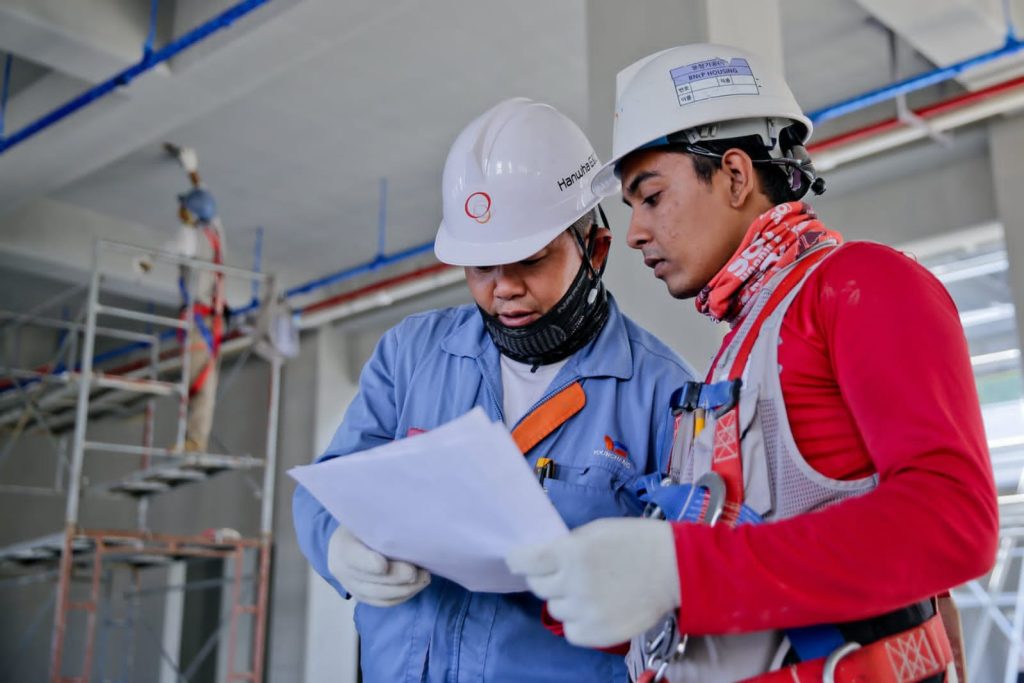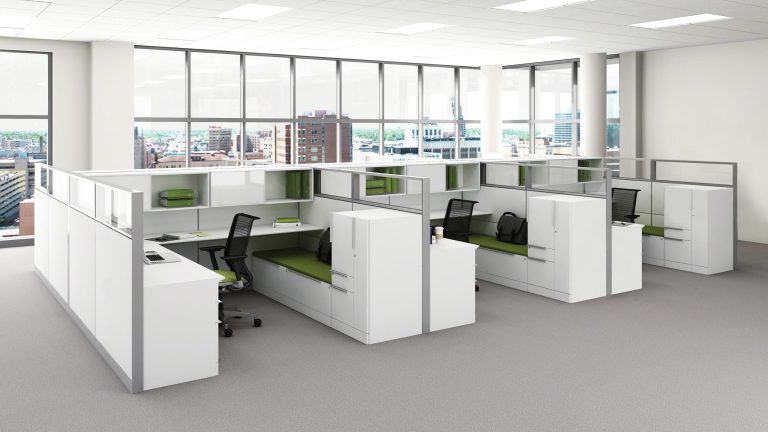Building Success: Key Strategies for Owners in Commercial Construction

Beginning a construction project can be a difficult but rewarding experience for property owners. It requires a combination of the strategic plan, management of finances and knowledge of the construction process in order to ensure the success of the project. This article aims to offer important tips for building owners on how to be able to navigate the maze of commercial construction efficiently.
1. Define Your Project Goals Clearly
The first step for a homeowner of a building is to have an understanding of the goals they intend to accomplish through building. This helps them make an informed decision throughout the course of the project. Goals could range from maximising rental space, adhering sustainable practices, or creating an aesthetic appeal that is unique to the project. Specific goals will provide an overview of the project.
2. Assemble the Right Team
The selection of the right team is essential. The team must include an experienced project manager, a skilled architect, trustworthy contractors and specialists as required. The team’s quality will greatly impact the final outcome on the job. It is advised to hire professionals who have a solid experience in commercial construction, and who are in agreement with your vision regarding the undertaking.
3. Prioritize Budget Management
A well-planned budget management system is essential. It is not about merely creating a realistic budget, but also checking and revising it throughout the duration of the project. Unexpected costs are a common occurrence when working on construction projects, therefore it’s a good idea to have an emergency fund, usually 5-10% of your total budget, to cover unexpected costs.
4. Understand the Importance of Design and Planning
The time and effort spent in the planning and designing stage pays dividends in the end. A well-thought-out and planned design that takes into account both aesthetics and practicality can increase the value of your construction. Furthermore, careful planning aids in identifying possible issues and reducing them prior to the construction process begins.

5. Embrace Sustainability
Sustainable construction practices aren’t only green, but be a source of cost savings over the long term. Think about using energy-efficient materials as well as renewable energy sources and waste management that is sustainable. Green buildings may also offer higher value and a greater appeal.
6. Keep in Compliance with Regulations
The process of navigating through the legal landscape can be crucial. This includes obtaining all needed permits and zoning regulations and making sure that the structure conforms to the state, local and federal laws. Infractions can result in legal problems and expensive delays.
7. Focus on Quality
While it is important to control expenses, not compromising on quality could result in more expensive maintenance and a lower property value. Make sure to use high-quality materials and that your team follows the highest standards. Inspections on a regular basis and check-ups should be an integral element of the process of construction.
8. Effective Communication is Key
Keeping open lines of communication to the entire construction crew is essential. Regular meetings, regular progress reports and being readily available to answer questions or make decisions can assist in keeping the construction in the right direction and addressing problems quickly.
9. Risk Management
The ability to recognize and manage risks effectively is crucial. The risks can be a variety of things from safety issues as well as project delays and over-budgets. The implementation of a risk-management program and having insurance are wise actions.
10. Plan for the Future
Take into consideration the long-term effects of your choices in construction. This involves thinking about the future maintenance needs, the ability to scale of the building, as well as the potential value of reselling. Planning with a view to the future makes sure that the building stays useful and worth the investment over time.
11. Consider Technology Integration
The incorporation of technology can improve the efficiency of a building and its aesthetics. It could be as simple as building automation systems and energy management systems and sophisticated security options. Integration of technology should be considered at an early stage of the design process.
12. Document Everything
Keep detailed documents of every aspect that are related to the project. This includes contracts changes orders, permits, as well as communications with the construction team. Documentation is essential in tracking progress and solving disagreements.
Conclusion
Commercial construction is an intimidating undertaking However, with the right method and preparation the owners of buildings can manage the process efficiently. By focusing on clear and concise planning and assembling the best team, coordinating budgets, and prioritizing sustainability and quality owners can be sure that their construction project is a success and will yield long-term rewards.







